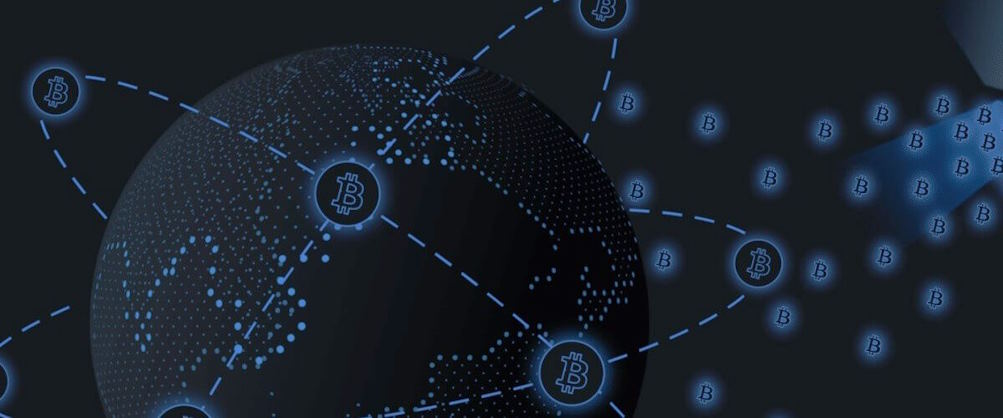Bitcoin’s Galactic Frontier: Trading Beyond Borders with Satellite Connectivity
The journey of Bitcoin, the pioneering cryptocurrency, has been extraordinary. As digital currency continues to make waves in the financial world, a new frontier has transcended geographical boundaries – the ability to buy and sell Bitcoins through satellite connectivity. This groundbreaking development not only underscores the resilience of the cryptocurrency market but also highlights the potential for greater financial inclusivity on a global scale.
The Genesis of Bitcoin Satellite Transactions
The concept of satellite-enabled Bitcoin transactions began as an innovative solution to address challenges faced by users in regions with limited or no internet access. Recognizing the decentralized nature of Bitcoin, enthusiasts, and developers sought to extend its accessibility to individuals in remote areas, providing them with the means to participate in the cryptocurrency market.

Overcoming Connectivity Barriers
In many parts of the world, internet infrastructure is unreliable or unavailable, creating barriers for individuals who wish to engage in cryptocurrency transactions. Satellite connectivity has emerged as a powerful tool to bridge this digital divide. Using satellite technology, Bitcoin transactions can be broadcasted and received independently of traditional internet infrastructure, making it a game-changer for users in remote or underserved regions.
How Satellite Bitcoin Transactions Work
Satellite Bitcoin transactions operate by leveraging the Blockstream Satellite network, a project launched to broadcast the Bitcoin blockchain data via satellites. Users with satellite dishes can receive and send Bitcoin transactions, updating their local blockchain without relying on a traditional internet connection. This development enhances Bitcoin’s decentralization and strengthens its resilience against potential internet shutdowns or censorship.
Advantages and Opportunities
The introduction of satellite connectivity for Bitcoin transactions brings with it several advantages. Beyond addressing connectivity challenges, it opens up new opportunities for financial inclusion. Individuals in regions with limited access to banking services can now participate in the global economy, sending and receiving Bitcoin transactions without relying on traditional financial institutions.






